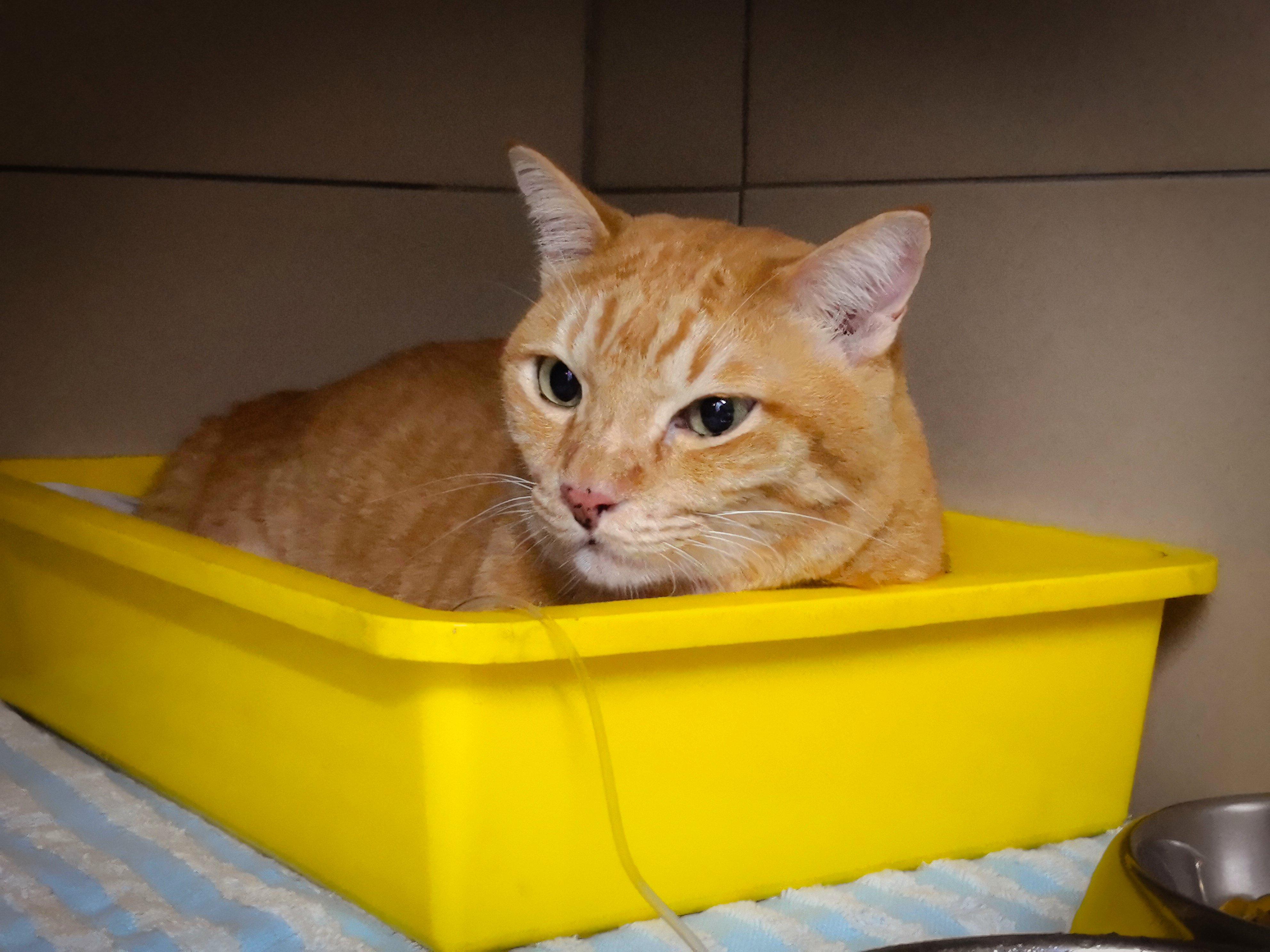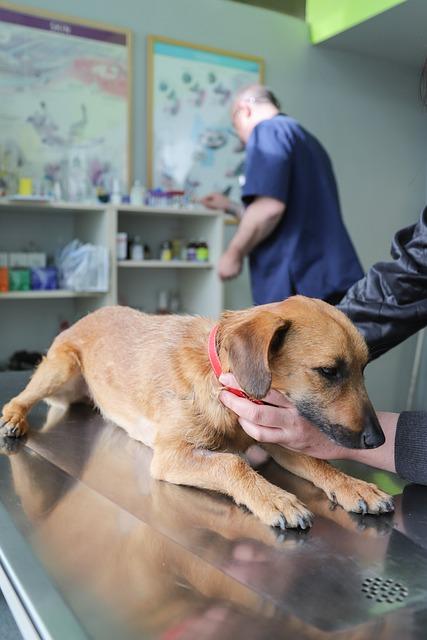In the heart of every wagging tail and gentle purr lies a promise of companionship, loyalty, and love. As pet owners, our responsibility is to ensure that these cherished members of our families thrive in health and happiness. But with a myriad of vaccinations available, how do we discern what’s truly essential for our furry friends? Enter the world of veterinary care, where science meets compassion, and where each vaccination is a shield crafted with love. Join us as we explore “,” a journey guided by expert insights and heartfelt dedication to the well-being of our beloved animals.
Understanding Core Vaccinations: Building the Foundation for Pet Health
In the journey of pet parenthood, understanding the essentials of core vaccinations is akin to laying down the bedrock for your furry friend’s lifelong health. These vaccinations are not just a routine; they are a crucial shield against some of the most common and deadly diseases. Core vaccines are recommended for all pets due to the widespread risk of exposure, the severity of disease, and the potential for transmission to humans.
- Canine Parvovirus: This highly contagious virus can lead to severe gastrointestinal issues and is often fatal in unvaccinated dogs.
- Feline Panleukopenia: Often referred to as feline distemper, this virus can cause a rapid decline in health, especially in kittens.
- Rabies: A universally required vaccine, rabies is a deadly virus that can affect both pets and humans, emphasizing its critical role in public health.
By ensuring your pet receives these core vaccinations, you’re not only protecting their health but also contributing to a healthier community. The bond between you and your pet is precious, and safeguarding it with the right vaccines is a small step that yields a lifetime of benefits.
Navigating Optional Vaccines: Tailoring Protection to Your Pets Lifestyle
Every pet’s life is a unique adventure, and their vaccination plan should reflect that. While core vaccines are universally recommended, optional vaccines can be tailored to suit your pet’s specific lifestyle and environment. Here’s how to navigate these choices:
- Outdoor Explorers: Pets that frequently roam outdoors or interact with wildlife might benefit from vaccines against diseases like leptospirosis or Lyme disease.
- Social Butterflies: If your pet loves mingling at parks or grooming salons, consider vaccines for Bordetella, commonly known as kennel cough.
- Travel Enthusiasts: For those who embark on trips, particularly to different climates, rabies and other region-specific vaccines may be necessary.
It’s essential to have a conversation with your veterinarian, who can guide you in creating a vaccination schedule that best suits your pet’s adventures, ensuring they remain healthy and protected.

Decoding the Vaccination Schedule: Timing and Frequency Explained
Understanding the intricacies of a pet’s vaccination schedule can often feel like deciphering a complex puzzle. Yet, each piece is crucial for building a robust shield against various diseases. The timing and frequency of vaccinations are meticulously designed to provide optimal protection when your pet’s immune system is most receptive. During those early weeks, puppies and kittens receive their initial vaccines, often starting at 6-8 weeks old, with boosters administered every few weeks until they’re around 16 weeks. This period is critical as it helps establish a solid foundation of immunity.
Adult pets are not left out of this equation. Once the initial series is completed, booster shots are typically given every 1 to 3 years, depending on the vaccine and the specific health needs of your pet. Here’s a quick rundown of essential vaccines:
- Core vaccines: These are considered vital for all pets and include rabies, distemper, and parvovirus for dogs, and rabies, feline distemper, and calicivirus for cats.
- Non-core vaccines: These are given based on your pet’s lifestyle and exposure risk, such as Bordetella for dogs who frequent kennels or Lyme disease for those in tick-prone areas.
Staying on top of this schedule not only protects your furry friends but also contributes to a healthier community. Your veterinarian is your best ally in navigating this timeline, ensuring your pet receives the right vaccinations at the right time.

Insights from the Clinic: A Veterinarians Personalized Recommendations
Every pet has its unique story, and vaccinations play a pivotal role in keeping that story long and joyful. As a veterinarian, my approach to vaccinations is tailored to each pet’s lifestyle and health needs. Here are some key insights I often share with pet owners:
- Core Vaccinations: These are non-negotiable for most pets. For dogs, this includes vaccines for rabies, distemper, parvovirus, and adenovirus. Cats should receive vaccinations for feline viral rhinotracheitis, calicivirus, and panleukopenia.
- Non-Core Vaccinations: These depend on your pet’s lifestyle and risk factors. For instance, if your dog loves exploring the great outdoors, the leptospirosis vaccine might be crucial. Cats with outdoor access might benefit from the feline leukemia vaccine.
- Regular Reviews: I encourage regular veterinary check-ups to reassess your pet’s vaccination needs. Factors like age, health status, and changes in environment can influence what’s necessary.
By understanding the specific needs of your pet, we can ensure they remain healthy and happy, making every moment with them a cherished one.


































